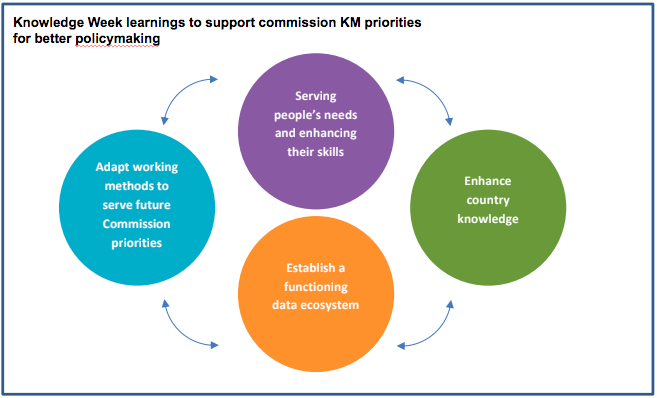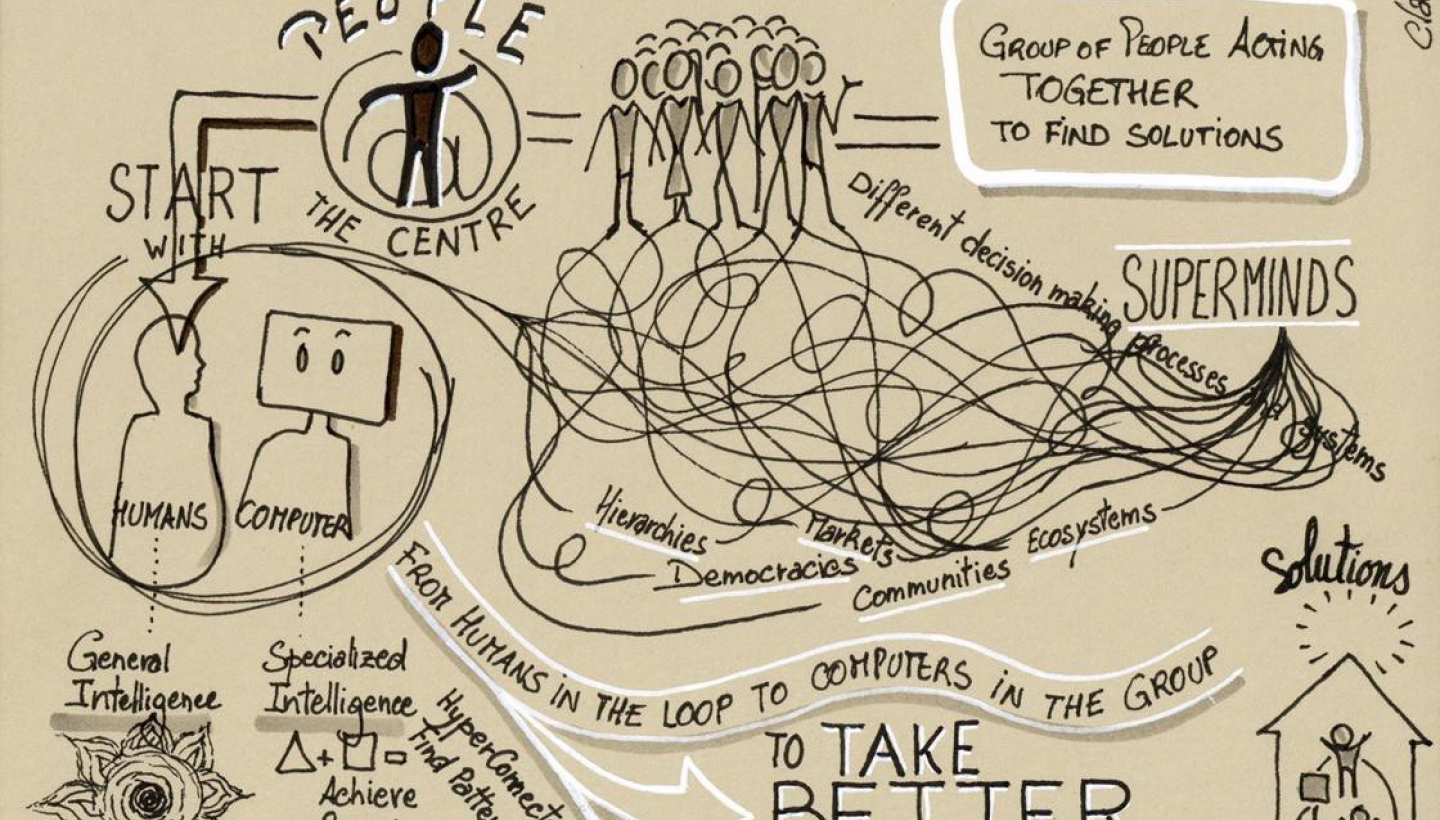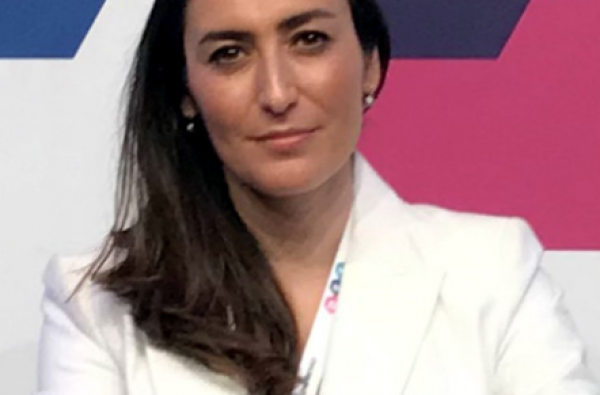The world changes rapidly and our needs as users, customers and/or employees evolve at an accelerated pace. For this reason, only companies that are capable not only of innovating and cultivating the knowledge derived from that process, but also of their ability to share that knowledge within and outside their organization and thus increase their efficiency exponentially, will stand out.
Knowledge Management (KM) is a specific responsibility within companies and organisations. The main task of a Knowledge Manager is to promote the generation, coordination and dissemination of this intangible wealth that adds value, prestige and credibility to organizations. And it is also its function to seek efficient means of controlling and supervising the transfer and use of information within and between organizations.
Public institutions, the organizations that design policies and regulations to care for the average citizen, must be prepared more than ever to create coherent policies in an environment of constant change. And that is where knowledge sharing becomes vitally important to strengthen the process of creating public standards.
Efficient knowledge management is essential to modernise, for example, the way in which the European Commission operates. One of its main challenges is to connect information nodes and use knowledge efficiently. The growing flood of available data and information requires an increasing capacity to map, review, analyse and condense the best available knowledge in support of EU policies.

During the Knowledge Week Conference held in Brussels earlier this month, Cecilia Nicolini, Director of the Opinion Research Center and Fellow of the MIT Center for Collective Intelligence, was part of the conversation on how to manage knowledge to respond to emerging issues from the creation of public policies. Within that conversation were Eric Tsui, (Hong-Kong Polytechnic University), Alberto Lizzi (United Nations Development Programme), María de Kleijn (Elsevier), Catherine Gerth (Nato) and Pascal Saura (World Bank Group).
The most outstanding conclusions of this talk:
-Although knowledge remains the only infinitely renewable resource in the organization, the traditional value disciplines pursued by organizations and societies have been vigorously challenged.
-Value is usually created through the exchange of data and information.
-People and computers can connect so that, collectively, they act more intelligently than any other person, group or computer, to make better decisions and find new ways to solve problems.
-While digitization alone does not change the rules of the game, what is a turning point is the right combination of digitization with knowledge and technologies.



